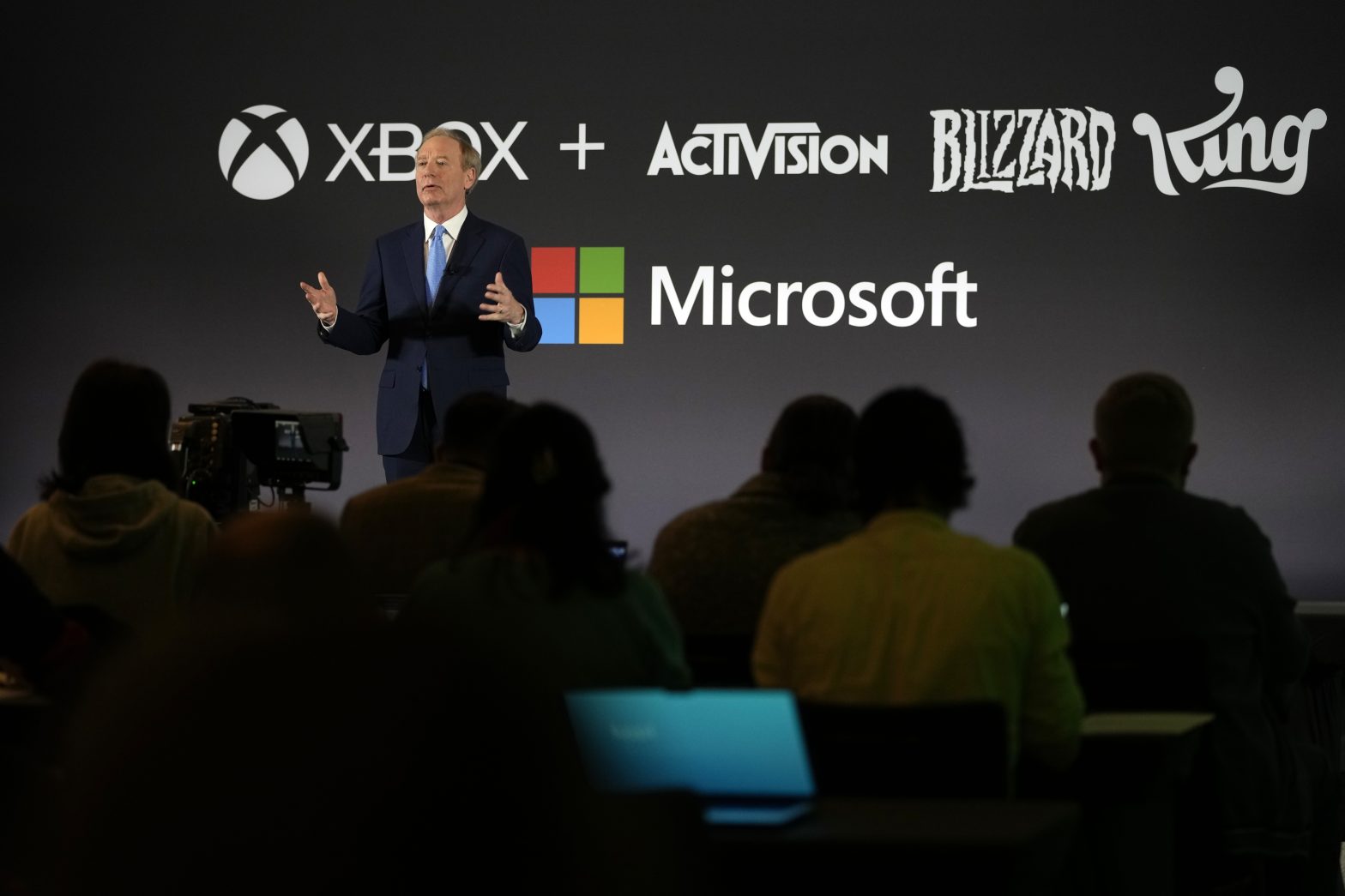Is the ‘Labor Foothold’ in the Video Game Industry a Mirage?
COMMENTARY

Thousands of jobs once considered safe are beginning to evaporate as layoffs hit the tech sector and threaten union plans to organize the industry. Over 180,000 tech workers have lost their jobs since the beginning of 2022 — more than half in the last three months.
As the economy continues to teeter and layoffs intensify, the inroads that unions have made organizing tech companies are at risk of a reset. Recessions are historically bad for new organizing efforts, and the threat of an impending layoff could deter workers afraid of being punished.
Despite labor unions’ growing popularity (71% approval, according to Gallup) and a 17-year high in strikes (314 in 2022, according to Bloomberg Law), a white-collar recession could upend all that progress. Let’s look no further than the video game industry.
Within the first days of the new year, over 300 quality assurance workers at Microsoft’s subsidiary ZeniMax — the video game developer known for Elder Scrolls, DOOM and Fallout — joined with the Communications Workers of America to form America’s biggest video game bargaining unit. It’s also Microsoft’s first labor union. Headlines heralded the moment as workers getting a “union foothold” at a large tech company. But like those in every other tech company, Microsoft’s workers are not immune to layoffs.
Hopefully, this victory is the first of many organizing efforts at Microsoft and its subsidiaries and not a short-term PR stunt aimed at federal oversight agencies, as the company’s full-page ad in The Washington Post implies.
If Microsoft is serious about its commitment to “creating the best workplaces we can for people who make a living in the tech sector,” as its ad suggests, more needs to be done. The current union covers only 0.25% of Microsoft’s U.S. workforce.
While the ZeniMax efforts were more efficient and less contentious than the typical run-up to a labor board election, they are not the norm in the video game industry — that title is held by video game developer Activision Blizzard and its CEO Bobby Kotick. And the increasing economic uncertainty is only going to make that worse.
Activision Blizzard’s management has fought labor organizers relentlessly, illegally threatened employees, withheld raises, regularly been found in violation of the law by the U.S. National Labor Relations Board, and is facing a harassment suit by hundreds of employees.
Interestingly, Activision’s activities have intensified since Microsoft announced its intention to acquire the company for $68.7 billion one year ago this month in the largest major tech merger since AOL bought Time Warner two decades ago.
While Microsoft spent the year doing a lot of talking — even announcing a neutrality agreement with the CWA — Activision has been brought before the NLRB for violations of the National Labor Relations Act four times. It’s a contrast made even more stunning by Microsoft’s silence on how it plans to address the locker room culture and anti-labor efforts led by Kotick.
Kotick will receive hundreds of millions of dollars if the sale is successful. This past November, he told employees in a town hall that he expects to run the business “pretty independently” under Microsoft.
Not even concerns raised by Sens. Elizabeth Warren, D-Mass., Bernie Sanders, I-Vt., Sheldon Whitehouse, D-R.I., and Cory Booker, D-N.J., about the labor impacts of the merger have moved Kotick or his management team beyond business as usual. Just this quarter, Warren again backed the interest of game developers’ right to organize amid ongoing allegations of union busting at Activision’s recently acquired subsidiary Proletariat.
No one in Microsoft leadership has made clear to Activision employees, regulators or the American people how Microsoft plans to address these issues. Instead, Microsoft has gone to great lengths to respond to competition concerns around Activision’s Call of Duty franchise — even launching a website to defend the merger — but has not addressed Activision’s workers or its series of union-busting activities.
Suppose this is not a mirage, and Microsoft is committed to protecting its workers from abuse. It needs to do more than simply releasing four bullet points on labor organizing and buying a full-page ad celebrating the fact that it has allowed 0.25% of its U.S. workforce to join a union after a 20-year effort by the labor movement.
If this is not a mirage, Microsoft will leverage its leadership position in the tech industry and set an example for others by developing a plan detailing how it intends to address Activision Blizzard management’s culture of abuse.
If this is not a mirage, Microsoft will take the next step and lead the industry away from abuse and toward justice for tech employees. Microsoft can strengthen the foothold unions have created despite the impending economic uncertainty. But will they?
George Rakis is the executive director of NextGen Competition, a new organization that supports a robust and competitive technology ecosystem and opposes anti-competitive business practices that undermine worker protections, threaten data privacy and limit consumer choice. You can reach Rakis by email and NextGen Competition on Twitter.























